Professional Diploma in Health and Performance in Sport
🔥 Enroll Now – Limited Time Offer!
Professional Diploma in Health and Performance in Sport
10 months
English
Online-based
Advanced
Barça Innovation Hub
Description
The sports industry is in the midst of a revolution. Every day we see athletes and teams from different sports overcoming their limits and setting new and challenging objectives. However, the constant, increasing pressure to achieve can bring about an increase in injuries. Within this context, sports medicine professionals are key to the health of athletes at all levels as they are involved in the diagnosis and treatment of injuries and the prevention of pain, injuries, and poor habits. Force Platform technology is increasingly used by performance, strength & conditioning and medical practitioners in sports in their daily practice. This technology has over the past decade become one of the most commonly available tools to assess neuromuscular performance in sports settings – as part of the profiling of healthy athletes and in their care and management as part of regular monitoring during the competitive season.
This program develops the essential concepts inherent to team sports medicine, including improvements in nutritional control, a deeper understanding of the physiology of effort to obtain better physical results, the establishment of therapeutic criteria for fast recovery, the use of kinetics derived from force platform testsforce platform. Force platform testsforce platform (technology) has become a key asset when pursuing answers to performance and injury related questions that practitioners are constantly faced with in their roles. In this program, we aim to give you the means to understand and use data derived from force platform assessments to inform and enhance your decision-making processes in sports performance and rehabilitation-return to the sport.
1,389 $ 694 $
START DATE
10/03/2026
Learn to
Experts Advisors:

Gil Rodas Font

Paco Seirul·lo Vargas

Daniel Romero Rodriguez

Francesc Cos
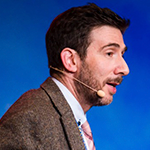
Daniel Cohen
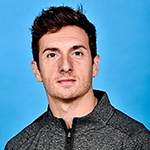
Dr. Matt Taberner
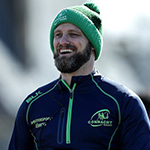
David Howarth

Luke Hart MSc

Dr Chris Richter

Jarrod
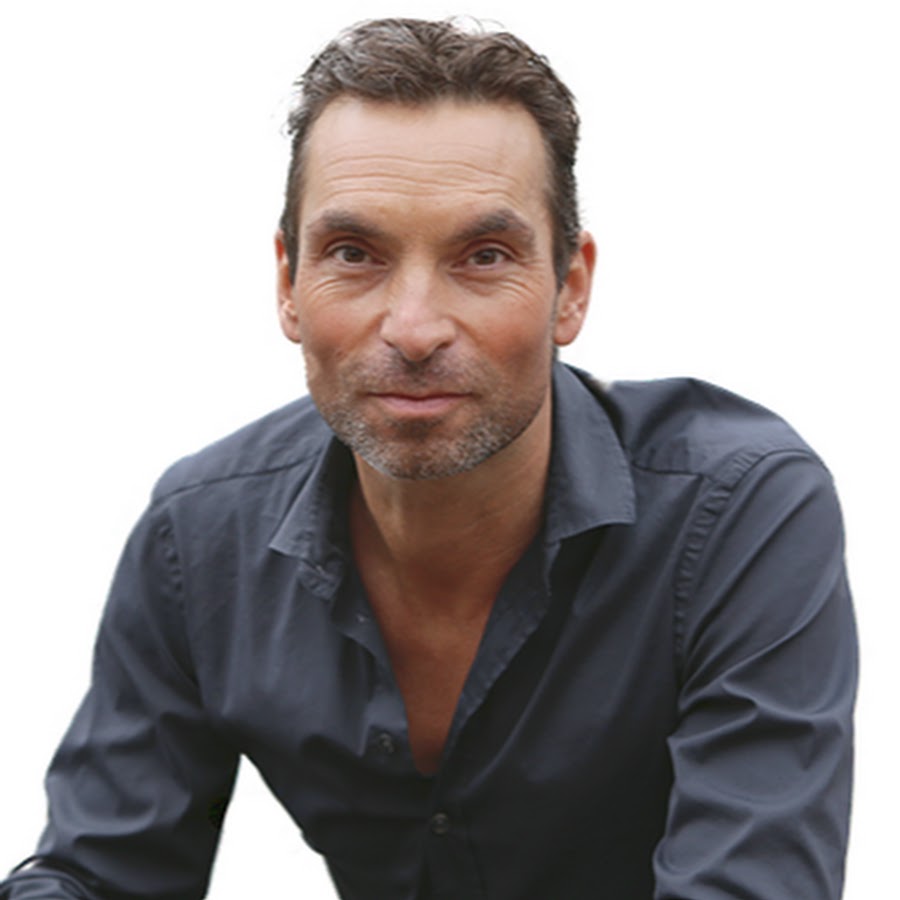
Asker Jeukendrup
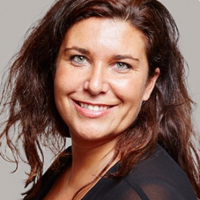
Ana Merayo García